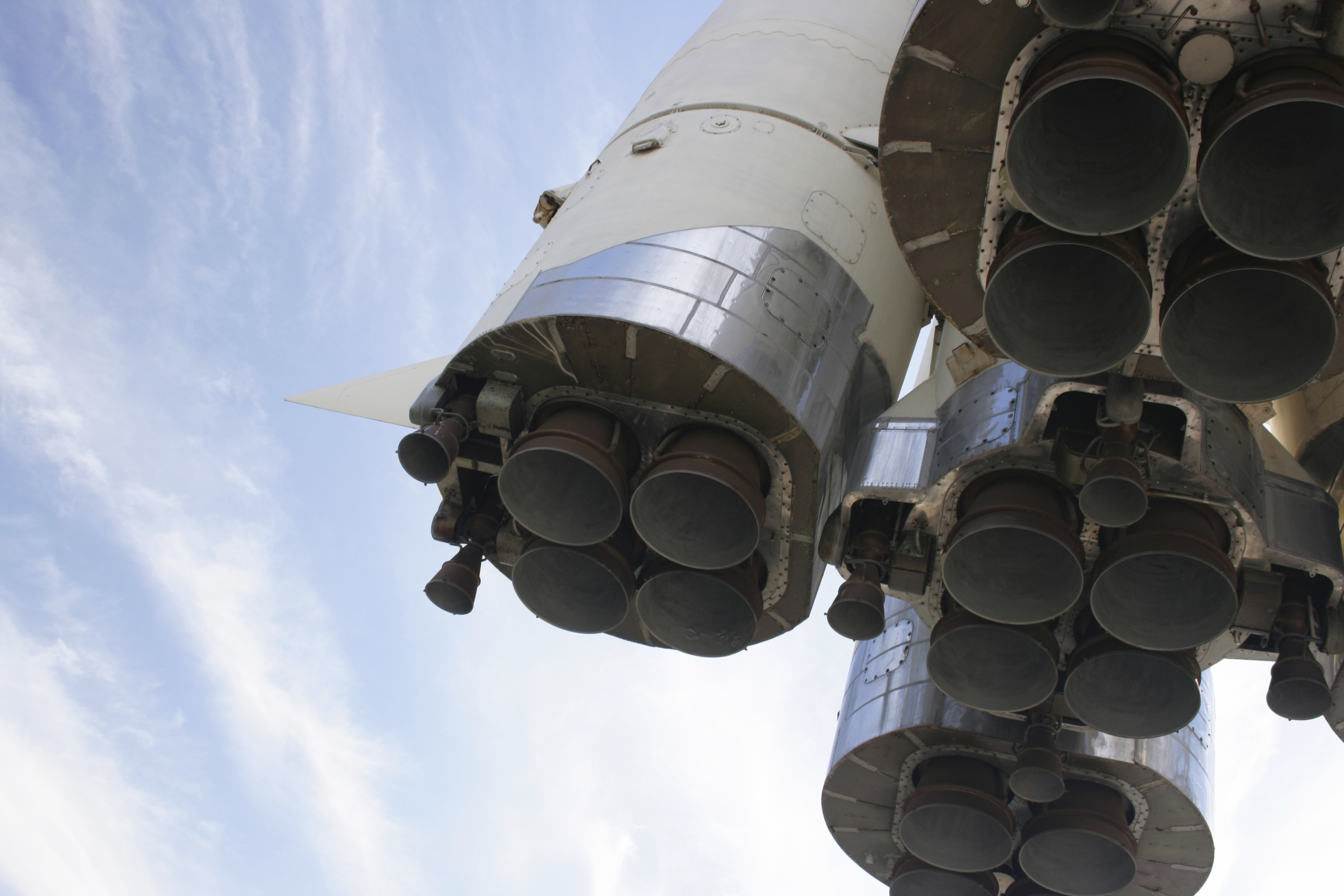
A BOLD PLAN to build commercial space ports in Britain is at risk of being grounded by poor legislation, MPs have warned.
Members of the Science and Technology Select Committee said changes were needed to the draft Spaceflight Bill paving the way for space launches from the UK by 2020.
The cross-party MPs said provisions in the Bill covering liabilities, indemnities and insurance threatened to sabotage the programme.
Committee chairman Stephen Metcalfe said the creation of UK-based spaceports was “a bold ambition that is matched by a real commitment from industry to turn it into a reality”.
But he added: “When a finalised Bill is introduced, it will need to have been revised to avoid the risk of that ambition being undermined by some of the current provisions in the draft Bill, especially those relating to operator liabilities.
“These leave open the possibility of an operator needing to indemnify the Government fully; an approach the Government had moved away from only two years ago.
“We have identified these and other areas where the next Government needs to look again, before a final Bill is introduced, to ensure that it is enabling the UK to realise its spaceflight potential.”
The committee took evidence from a number of witnesses from the aerospace industry before publishing its report.
They included engineers and scientists hoping to develop revolutionary space planes that could take off and land at British spaceports.
The UK space sector already employs thousands of people and is worth more than £250 million per year to the economy.
In February the Government announced £10 million worth of grants aimed at boosting the UK’s commercial space industry.
A number of coastal aerodromes in Scotland, Wales and Cornwall have been proposed as possible sites for spaceports.

Enjoy the convenience of having The Sunday Post delivered as a digital ePaper straight to your smartphone, tablet or computer.
Subscribe for only £5.49 a month and enjoy all the benefits of the printed paper as a digital replica.
Subscribe